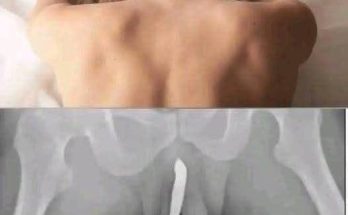Psoriasis is a chronic skin condition with several types: Plaque Psoriasis, marked by red patches with silvery scales; Guttate Psoriasis, characterized by small, drop-shaped spots; Pustular Psoriasis, featuring red skin with pus-filled blisters; Inverse Psoriasis, which affects moist skin folds; and Erythrodermic Psoriasis, a severe, emergency condition with widespread redness and peeling. It is not contagious. The causes include immune system dysregulation, where T-cells attack healthy skin cells, and genetic factors. Common triggers include alcohol, certain medications, and infections. Diagnosis is through a physical exam and sometimes a biopsy. Though incurable, treatments can manage symptoms and improve quality of life.
If you notice these signs on your body, consult a doctor immediately



